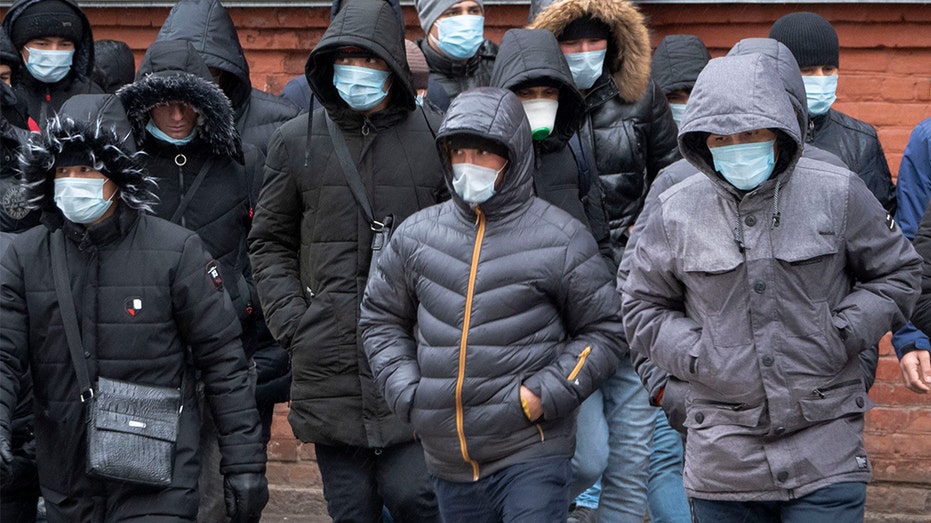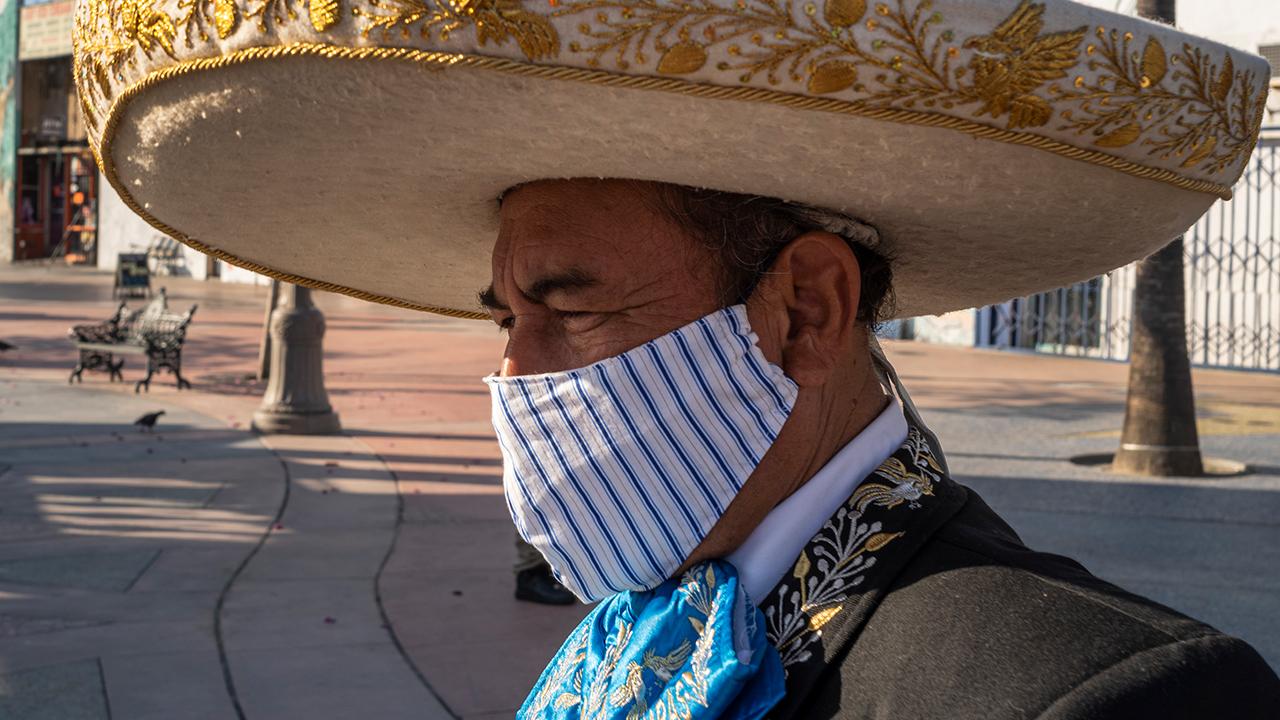Should face masks be worn in public?
What health officials are saying about the public wearing face masks to contain COVID-19 spread
Get all the latest news on coronavirus and more delivered daily to your inbox. Sign up here.
The World Health Organization and the U.S. Centers for Disease Control and Prevention have said that face masks should be reserved for health care workers, the sick and people caring for them. However, now more health officials are considering if the public should be wearing them too.
As of Thursday, there were more than 237,000 coronavirus cases in the U.S., and more than 5,718 deaths. And as the number rises, doctors and health officials are considering expanding guidelines surrounding the usage of face masks.
The White House, with guidance from the Centers for Disease Control and Prevention, is expected to announce a new policy, that would advise Americans to wear cloth masks in an effort to prevent the spread of COVID, 19, according to a federal official familiar with the policy, as first reported by Statnews.

More Americans are making their own face masks amid shortages. (AP Photo/Dmitri Lovetsky)
While masks are not considered an effective form for preventing someone from contracting COVID-19, wearing one may potentially prevent asymptomatic patients from spreading the virus. Americans have started making at-home versions of masks using fabric or bandanas to help prevent the spread of the disease with the ongoing shortage of medical masks, including N95 respirators and loose-fitting surgical masks.
TRUMP SAYS PEOPLE CAN USE A SCARF INSTEAD OF A FACEMASK
Here’s where major health officials, agencies and leaders stand on whether or not the public should wear face masks:
The Centers for Disease Control and Prevention
The CDC says on its website: “If you are sick you should wear a facemask, if available when you are around other people (including before you enter a healthcare provider’s office). If you are caring for others: If the person who is sick is not able to wear a facemask (for example, because it causes trouble breathing), then as their caregiver, you should wear a facemask when in the same room with them. During a public health emergency, facemasks may be reserved for healthcare workers. You may need to improvise a facemask using a scarf or bandana.”
The World Health Organization
The organization says on its website: “If you are healthy, you only need to wear a mask if you are taking care of a person with the suspected 2019-nCoV infection.”
WHO advises wearing a mask if you are coughing or sneezing and says: “Masks are effective only when used in combination with frequent hand-cleaning with alcohol-based hand rub or soap and water. If you wear a mask, then you must know how to use it and dispose of it properly.”
Former commissioner of the U.S. Food and Drug Administration
Scott Gottlieb, the former commissioner of the FDA, co-wrote a report saying “everyone, including people without symptoms, should be encouraged to wear nonmedical fabric face masks while in public.”
National Institute of Allergy and Infectious Disease
Dr. Anthony Fauci, the director of the National Institute of Allergy and Infectious Diseases, said on Tuesday that the White House Coronavirus Task Force is actively discussing the potential to expand guidance on face masks, though health care workers are still the priority amid the ongoing shortage of personal protective equipment.
United States Surgeon General Jerome Adams
Surgeon General Jerome Adams initially advised against the general public wearing face masks stating that they are "not effective in preventing the general public from catching coronavirus." However, on Wednesday he asked the CDC to reconsider.
The Trump Administration
President Trump on Wednesday, when asked if people should be wearing face masks, said it wouldn't hurt, and that a scarf would be suitable if wearing them en masse took away from the supply needed by health care workers.
Social Media
The campaign #Masks4All on social media, started by the University of San Francisco research scientist Jeremy Howard, and a member of the World Economic Forum's Global AI Council, encourages people to make their own face masks at home so that medical workers have access to personal protective equipment.
CLICK HERE TO READ MORE ON FOX BUSINESS




















